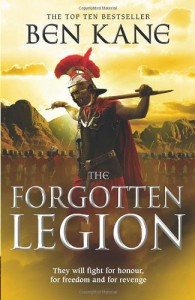Doppler

Doppler is a nice man who falls off his bike and bangs his head. This combined with the death of his father leads him to see the error of his ways and he attempts to escape from a consumer lifestyle that he feels, and at times is quite literally beating him about the head. So he moves into the forest with an elk calf called Bongo for company.
The book itself is a lovely little hardback with striking cover art. Head of Zeus’ tagline about an elk being not just for Christmas doesn’t actually relate to the story, but I think we can forgive a relatively new publisher from seeking to get the most out of a December release.
While reading, I found a few similarities with The Unlikely Pilgrimage of Harold Fry, the escape from the grind of everyday life and how one man’s plans can be derailed by the intrusion of others, but whereas I felt Harold Fry didn’t work, with Doppler’s quirky and humourous style it had far more resonance.
Doppler can’t always escape his niceness, despite his bang on the head. Even with his selfish outlook he does sometimes think of others. After all who hasn’t been so fed up with children’s DVDs before that we’ve given them away? Even in a scenario of complete silliness, the scene where he clears his house of his son’s collection rings true and manages to be very funny.
It’s the style of the book that makes it work. In other, perhaps more serious novels, Doppler’s actions and the reaction of those around him would seem ridiculous (how does he survive on a bit of smoked meat and Toblerone?), but here it all works well. It’s a quirky, funny and thoughtful book and as Doppler moves deeper into his anti consumerist lifestyle, you can’t help but root for him. Even if you do feel a bit sorry for his wife.










 1
1





